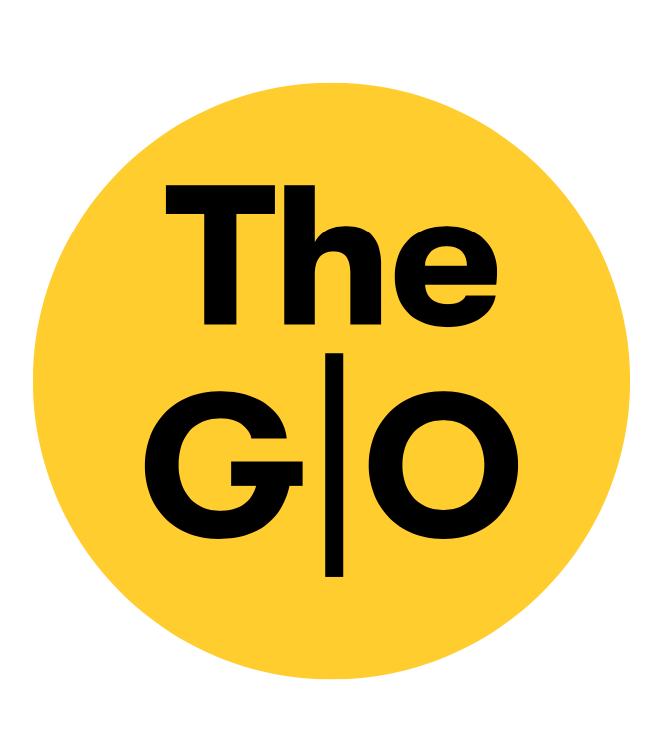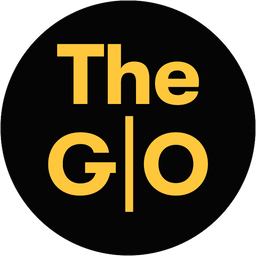#152 THE G|O BRIEFING, SEPTEMBER 28, 2023
Exclusive: Growing concerns about China's attempts to curtail the independence of UN's Human Rights Chief | Don't give up on democracy ! | SOS Méditérannée wins Right Livelihood Award
Xi Jinping may well have put it best when he told the last BRICS summit in Johannesburg that “the world has entered a new period of turbulence and transformation. It is undergoing major shifts, division, and regrouping, leading to more uncertain, unstable, and unpredictable developments.” His words aptly capture how the redistribution of power looks increasingly like a tit-for-tat game of chess played at warp speed. The game is not only being played at a furious pace, but also brutally, by everybody, everywhere, in a world now deemed “unhinged” by UN Secretary-General António Guterres.
The architecture of global power was already being redrawn, but the war in Ukraine has exacerbated tensions between the West, with its allies, and the China-Russia axis. (Inhibitions are gone: Russia announced yesterday that it will be among the countries applying for a seat on the Human Rights Council October 10. This, just days after UN members of the Independent International Commission of Inquiry on Ukraine told the Human Rights Council, on Monday, that Russia had tortured Ukrainian war prisoners to death.) Never has the legitimacy of the rules-based multilateral system and its values been so deeply and so profoundly challenged.
As it happens, International Geneva is one of the best spots from which to scrutinize Xi Jinping's “shifts, division, and regrouping.” Our exclusive story today reveals how China is using the moment to try to restrict both the independence and the mandate of the Office of the High Commissioner for Human Rights, de facto using the multilateral system itself to hollow it out from within.
Western countries concerned about what they see as Beijing’s renewed attempt to curtail the independence of the Office of the UN Human Rights Chief
Western countries are busy coordinating their response to a Chinese proposal that, they fear, would severely curtail the independence of the UN Office of the High Commissioner for Human Rights (OHCHR), shifting the focus of its work from individual political and civil rights to economic, social, and cultural rights. The change, Western countries further denounce, would weaken the current global human rights regime by restricting the mandate of the Special Procedures, the group of independent human rights experts who scrutinize and report on human rights violations with a thematic or country-specific perspective.
The Western bloc expressed its concerns during several closed-door meetings, during which China and Pakistan presented Beijing’s draft resolution, a text seen by The G|O. The main thrust of the document—described by sources as "the most controversial text of this [Council] session"—is a demand that the OHCHR “enhance” its work in the field of economic, social, and cultural (ESC) rights, calling on the High Commissioner—a position now held by Volker Türk—to "set his priorities" on the issue.
An old demand
The demand is not a new one. China considers human rights to be a domestic issue, with individual states having a primary role in respect to them. It opposes any monitoring or investigation of the human rights situation in its country, seeing it as foreign interference. Since the creation of the HRC, Beijing and its friends—Iran, Russia, Myanmar, Egypt, Nicaragua, some of the most repressive countries in the world—have criticized what they consider a disproportionate focus on political and civil rights, trying instead to elevate ESC. They object to the Human Rights Council’s passing of country-specific resolutions that call for inquiries into human rights violations committed by specific states and the "naming and shaming" that ensues, widely seen by human rights defenders as the most effective way to ensure the respect of human rights law.
China and its allies' draft resolution—Iran and Bangladesh also spoke—further demands that the High Commissioner's Office "provide an annual update on the implementation of the current resolution in a dedicated section of the OHCHR's annual report." For the Western bloc, this represents one of the most worrying aspects of the Chinese-led draft resolution, since it directly threatens the independence of the Office. Strongly opposing the demand, a European diplomat reminded the meeting’s Chinese and Pakistani co-chairs that the OHCHR's annual report is the sole prerogative of the Office. "The Human Rights Council should not interfere in how the High Commissioner drafts the report," he stressed, arguing that "it's an issue of independence," and that the language ought to be taken out of the draft resolution.
"We don't tell [the Office] what to say in its annual report," the Swiss representative said, according to transcripts of last Monday's closed-door meetings obtained by The G|O. "We should not be dictating to the High Commissioner," the Australian representative agreed, also asking that the language be stricken from the text.
The draft resolution also states that the Office should fulfill its "obligations of international cooperation," language which, in the tense climate of the meeting, was unanimously rejected by the Western group. "There is no such thing as 'obligations of international cooperation'," the US delegation told the participants. "This is not agreed language," concurred the EU representative, a position also shared by Japan and Canada when they took the floor to oppose the draft resolution. Switzerland's representative was most explicit in his rejection of the language: "We consider there [to be] no such thing as these obligations. States have obligations to respect and promote human rights" under their own responsibility, and "this is what we are discussing here," they said.
Informed diplomatic sources told us that work continues on the draft resolution. They see Beijing's efforts as being directly linked to Volker Türk's firm commitment to follow up on the "China report" released by his predecessor, Michelle Bachelet, a document detailing alleged human rights violations against Uyghurs and other Muslim minorities in China that could amount to "crimes against humanity."

Some of the same diplomatic sources also concede that given the current composition of the Human Rights Council, Beijing might well be able to garner enough support to have the resolution passed. As it stands, China is expected to table it next Wednesday (October 4) with a possible vote scheduled for October 13.
-JC, with PHM
SOS Méditérannée wins Right Livelihood Award
SOS Méditerranée wins 2023 Right Livelihood Award
SOS Méditerranée, a transnational charity with an office in Geneva, has won a 2023 Right Livelihood Award. The organization, which also has offices in Marseille, Berlin and Milan, conducts search and rescue operations from its ship Ocean Viking. It is believed to have saved close to 40,000 lives since its founding, in 2015, by German merchant sea captain Klaus Vogel and French anthropologist Sophie Beau.
“Faced with the European Union’s inaction to help migrants and refugees, SOS MEDITERRANEE fills a pressing need to carry out search and rescue operations,” said Ole von Uexküll, Executive Director at Right Livelihood. “Tens of thousands of people have arrived at Europe’s shores alive thanks to SOS MEDITERRANEE. The organization also plays a critical role in lifting survivors’ voices and keeping the migration crisis at the forefront of the public debate, so Europeans cannot close their eyes to the deaths and suffering on their doorsteps.”
"The prize is extremely important, said Caroline Abu Sa'da, Executive Director of SOS Méditerranée Suisse, because it highlights the situation at sea of the thousands of people seeking to flee conflicts and disasters. We're at levels this year that we haven't seen since 2017,” she told a press conference in Geneva.
170 candidates from 68 countries were put forward for the award in an open process. This year’s other recipients were Eunice Brookman-Amissah, a Ghanaian doctor; Mother Nature Cambodia, a prominent youth-led environmental rights organisation in Cambodia; and Phyllis Omido, a Kenyan environmental activist.
Executive Director Uexküll said: “Right Livelihood exists to nurture human courage. We honor some of the world's leading change-makers who dare to build a world based on the principles of peace, justice and sustainability, and we encourage everyone to realize their own important roles in creating better societies.”
A missing link…
In our Briefing #150, of September 7, we highlighted a research paper that dismisses the terms Open AI and Open Source as more empty marketing gimmicks than technical descriptors. What they do, however, its authors write, is ward off AI regulations. Worth downloading, we said—but we failed to provide you with the link. Error corrected; the paper is below.


